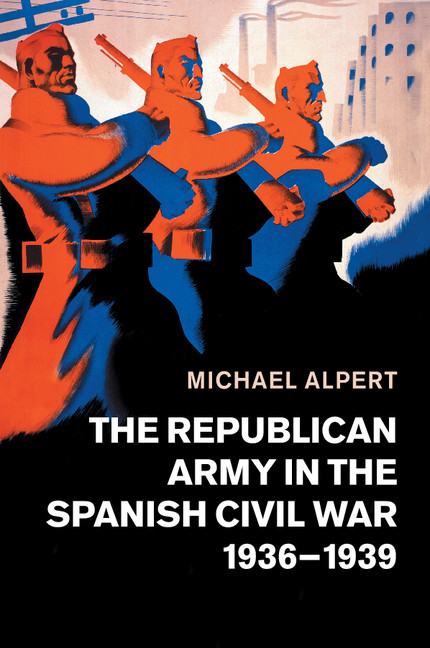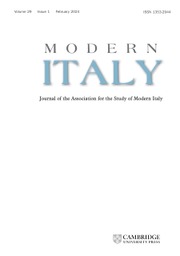From Mobilization to Civil War
This is a local study of the origins of the Spanish Civil War that explores, from the grass roots perspective of ordinary men and women, the polarization of Spanish society that was the prerequisite for civil war. Pamela Radcliff's approach to the War is unique, since, at the core, her book focuses on the relationship between organized political forces and "the masses", and on how ordinary men and women participated in politics and in turn how political struggles translated into the concrete concerns of everyday life.
- Broadens the traditional narrow political and economic accounts of the origins of the Spanish Civil War by examining local political culture
- Uses a new 'origins' framework of a three-way struggle for power
- Integrates women and gender into the political narrative of the Spanish Civil War
Reviews & endorsements
"This is a groundbreaking work that should stimulate a number of fruitful historiographical debates and discussions. It also Radcliff's achievement to have written a book that is relevant not only to specialists of modern Spain but also to historians and social scientists interested in the development of mass politics in Europe as a whole." George Esenwein, American Historical Review
Product details
July 2002Paperback
9780521526593
376 pages
229 × 152 × 21 mm
0.55kg
6 maps
Available
Table of Contents
- Introduction
- 1. A turning point: the city in 1900
- Part I. Patterns of Life in Working-Class Gijón:
- 2. The structural context: economy, demography and urban space, 1900–1936
- 3. Culture and community in working-class Gijón
- Part II. Institutional Forces of Opposition: Republicans and Anarchosyndicalists:
- 4. The republican parties and municipal politics, 1900–1930
- 5. The republicans in power: municipal politics, 1931–1936
- 6. The trade union movement, 1900–1936
- Part III. Defining an Oppositional Culture: The Struggle over the Public Sphere:
- 7. Republican culture: a nation of citizens
- 8. Labour movement culture: 'the brotherhood of workers'
- Part IV. The Urban Battlefield: Conflict and Collective Action, 1901–1936:
- 9. Conflict and collective action, 1900–1923
- 10. Conflict and collective action during the Republic, 1931–1936
- Conclusion.







.jpg)
.jpg)
